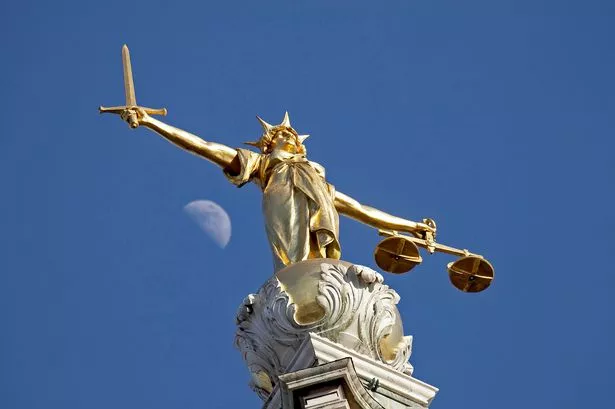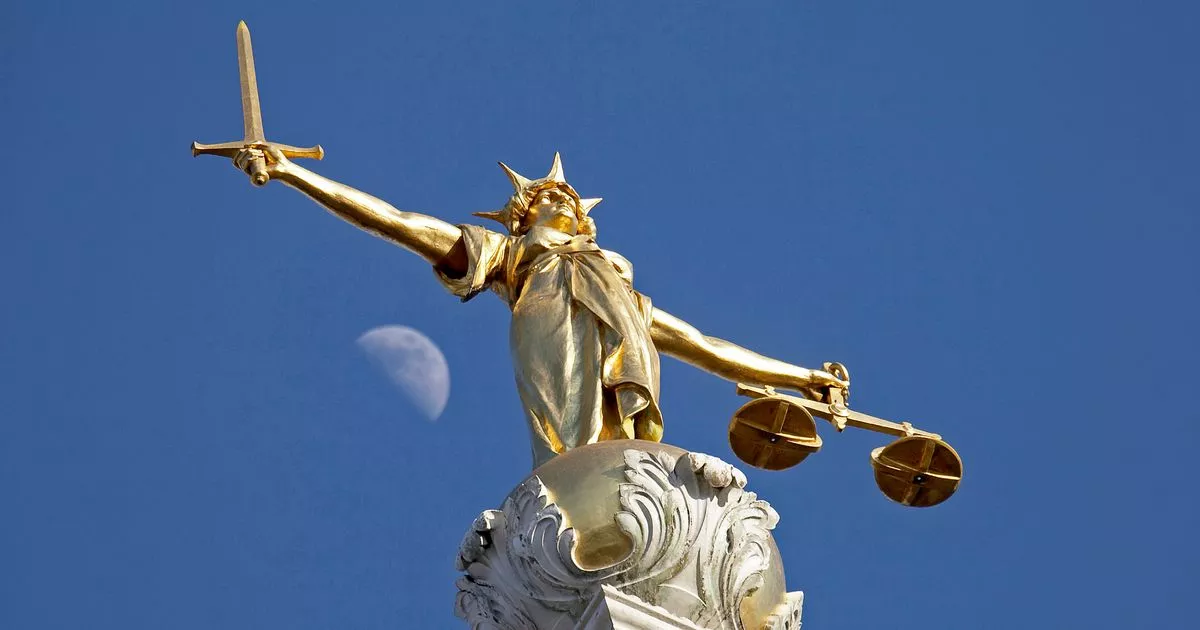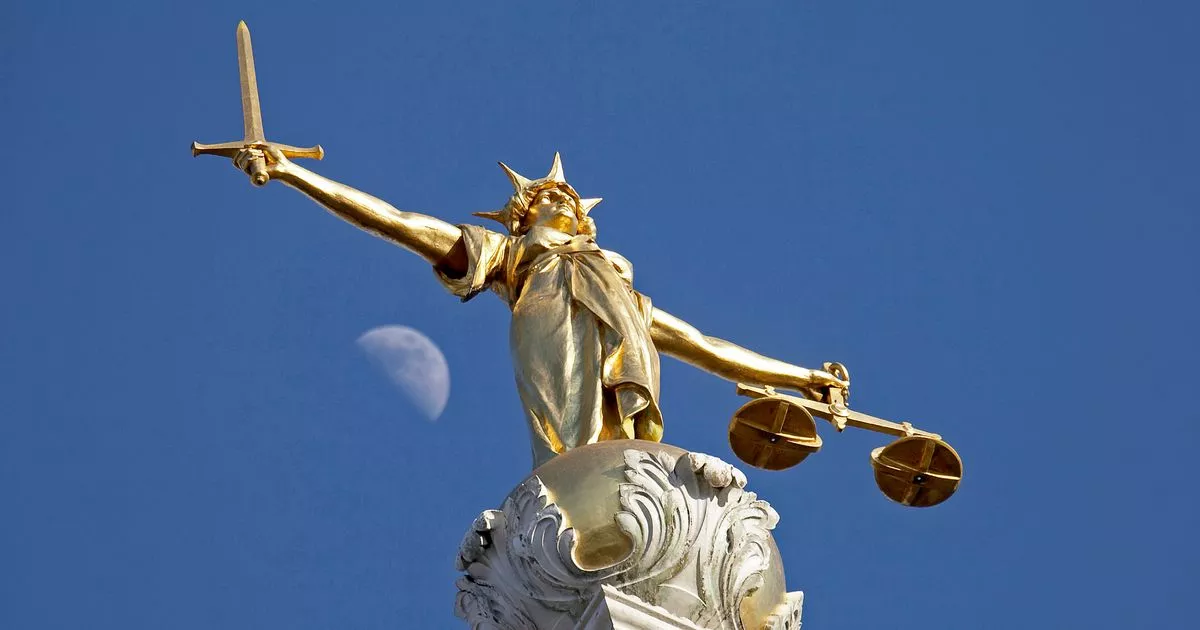

The British legal system is buckling under the strain of tens of thousands of pending cases, with some not set to be waiting for justice for years. However, a major overhaul in the courts could speed up proceedings.
Currently, there is a staggering backlog of almost 77,000 cases in the nation’s crown courts, with some scheduled as far off as 2029. Crown courts deal with more serious crimes, some of which require jury trials, whereas magistrates’ courts can handle less severe offences, such as most motoring violations or minor criminal damage.
Former top judge Sir Brian Leveson has penned a report depicting a judicial system in dire straits, causing undue delays for victims, witnesses, and defendants awaiting trial.
He has cautioned that the crisis cannot be resolved merely by increasing funding or court sitting days, stating: “The system is too broken. A radical and essential package of measures is therefore required to prevent total collapse of the system.”
Sir Brian suggests that more than 150 serious offences, typically dealt with in crown court – such as sexual grooming, child abduction or causing death by careless driving – should be handled within a new court division and determined by a judge and two magistrates rather than being able to choose a trial by jury.
Other crimes would be downgraded to allow magistrates’ courts to manage them, including possession of certain class B and class C drugs and vehicle theft. Defendants could be offered up to 40 per cent off their potential sentence, an increase from the current maximum of a third, to further encourage guilty pleas and avoid protracted trials.
Sir Brian cites the Covid pandemic, barristers’ strikes, and the growing complexity of criminal cases involving elements like mobile phone data and DNA evidence, as factors contributing to the backlog.
He suggested that some of the most intricate cases, such as fraud and money laundering, could be decided by judges to spare jurors from having to make decisions on complex matters they may have little understanding of.
Chairman of the Commons’ Justice Committee, Andy Slaughter, however warned it needs to be considered “very carefully” before altering the system. The Labour MP said: “Juries are central to our constitutional right to a fair trial.
“We should think very carefully before altering a system that has served us well for centuries. But that does not mean the ambit of the jury system can never change.
“Sir Brian makes a compelling case for radical change and the need for more than extra resources to restore the reputation of the criminal courts.”
Jury trials are not universal around the world with countries including Germany and Singapore not using them, while France reserves them for the most serious cases. Non-jury trials have also been used in Northern Ireland for more than 50 years for certain crimes in exceptional cases where there is a risk of juror intimidation or bias due to a defendant’s background.
Justice Secretary Shabana Mahmood is considering all these measures, including the reduction of jury trials. She is expected to scrutinise the policy in detail, considering each offence individually to assess whether they could be tried without a jury, before making any decisions.
Ms Mahmood stated today “swifter justice requires bold reform”, and emphasised: “I will do whatever it takes to bring down the backlog and deliver swifter justice for victims.”
Have your say! Is it right to sacrifice the right to a jury trial if it means that justice can be served quicker? What problems can you see with the proposal? Comment below, and join in on the conversation.


